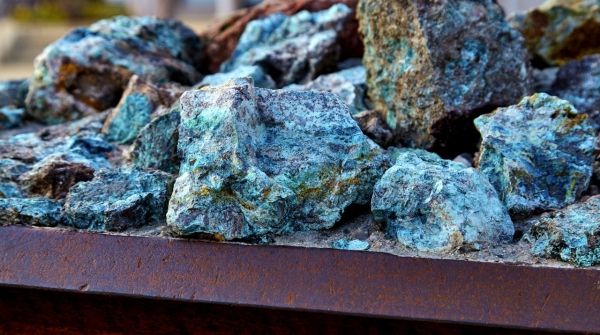Cobalt deposits in one of Earth’s largest cobalt-mining regions are 150 million years younger than previously thought, according to a new study by University of Alberta geologists.
Working with former post-doctoral fellow Nicolas Saintilan, U of A geochemist Robert Creaser, Canada Research Chair in Isotope Geochemistry, used a new, rhenium-osmium dating system to examine the rich cobalt deposits in the Democratic Republic of Congo.
Their results show that cobalt and copper mineralization occurred during a period of mountain building and deformation between 610 and 470 million years ago, suggesting that the deposits formed 100 to 150 million years more recently than originally thought.
The study also provides critical insight into exploration for cobalt, an important component in rechargeable lithium-ion batteries used in everything from smartphones to hybrid cars.
Continue reading at University of Alberta.
Image via Getty Images.


